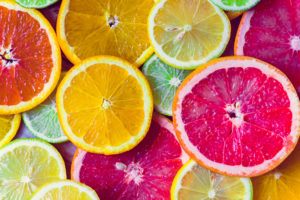Quick links, bringing you great articles on writing from all over the web.
Oh-oh. Watch out Kindle Select authors, Let’s Get Digital‘s David Gaughran has a horror story to tell about a promotion gone sour and what he is doing to deal with it. Could this happen to you?
~ * ~
The Only Rule Amazon Truly Cares About
 by David Gaugharan
by David Gaugharan
On Monday, I found out that some bug hit a German e-book site causing the reactivation of long-dead listings, including one of mine, putting myself and some other authors in breach of KDP Select’s exclusivity rule.
Amazon pounced into action and cancelled my Countdown deal which was scheduled for this week, screwing up a carefully planned promotion. And despite pledging to resolve the matter and restore the promo, Amazon has not done so.
I’m going to go through what happened in detail so you can be sure that I acted correctly at all points – because there is a lot of shadiness going on at the moment – but feel free to skim some of the details if you wish.
Read the full post on Let’s Get Digital

 Thursday, June 23
Thursday, June 23